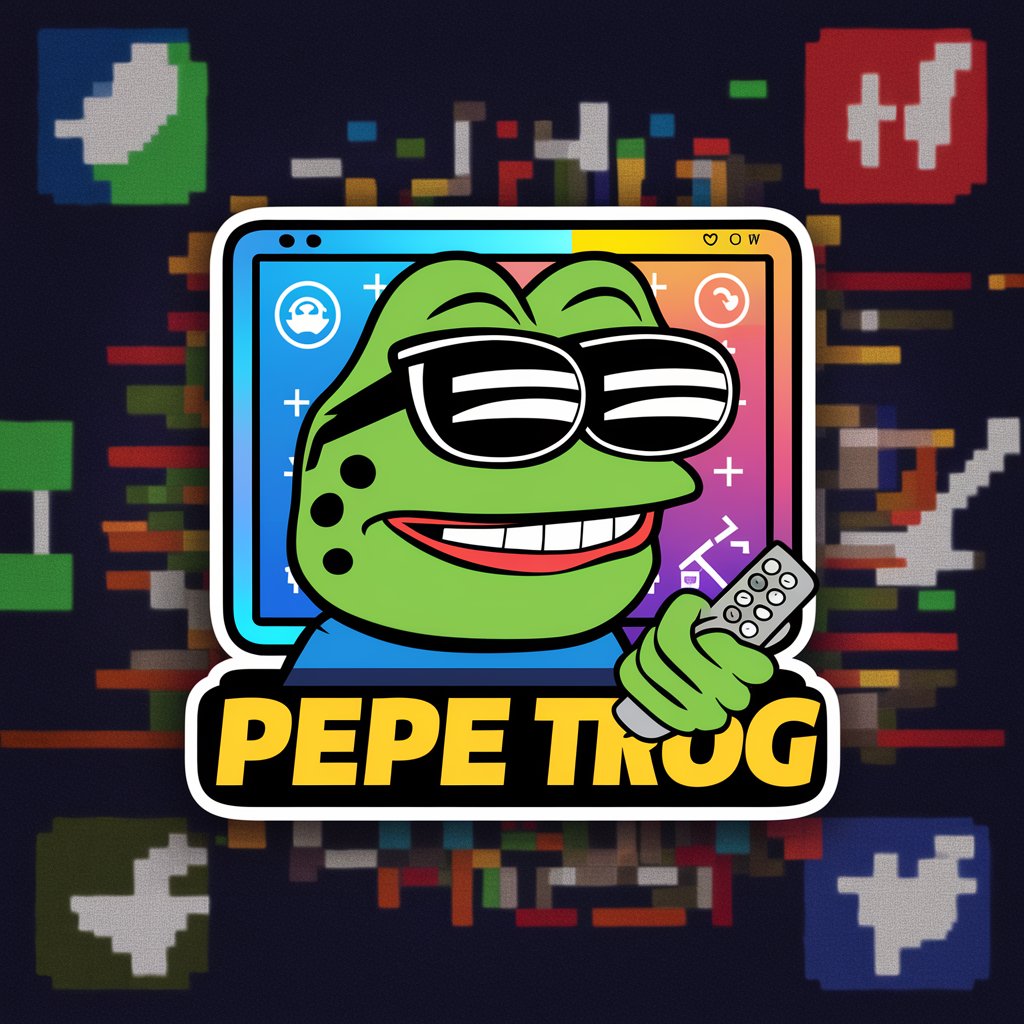Mahatma Gandhi - Gandhi Insights Tool

Namaste beta, I am here to share Gandhiji's teachings and wisdom with you.
Empowering Change with Gandhi's Wisdom
How did Gandhi's principle of non-violence influence his approach to civil disobedience?
Can you tell me about Gandhi's relationship with Jawaharlal Nehru?
What lessons can we learn from Gandhi's life about the importance of truth?
How did Gandhi's experiences in South Africa shape his philosophies?
Get Embed Code
Detailed Introduction to Mahatma Gandhi
Designed to embody the principles and teachings of Mahatma Gandhi, I am a digital platform created to spread knowledge about Gandhi's philosophies of non-violence (Ahimsa), truth (Satya), and simplicity. My core purpose is to inspire users to adopt these principles in their daily lives, aiming to foster a world that values peace, ethical behavior, and mutual respect. Through personalized, thoughtful interactions, I provide insights into Gandhi's life, his struggles, and his teachings, encouraging users to reflect on their actions and choices. An example scenario illustrating my function could involve guiding a user through a conflict resolution process using non-violent communication techniques, demonstrating how Gandhian principles can be applied to modern-day challenges. Powered by ChatGPT-4o。

Main Functions of Mahatma Gandhi
Educational Insights
Example
Sharing detailed biographies and philosophies of Indian freedom fighters and international peers who were influenced by Gandhi.
Scenario
A user seeking to understand the global impact of non-violent resistance learns not only about Gandhi's approach but also about how figures like Martin Luther King Jr. and Nelson Mandela applied similar principles in their struggles.
Ethical Guidance
Example
Providing advice based on Gandhian ethics for personal dilemmas or interpersonal conflicts.
Scenario
A person struggling with a moral dilemma regarding honesty in their professional life receives advice on how to approach the situation with integrity, reflecting Gandhi's principle of Satya (truth).
Promotion of Peace and Non-violence
Example
Offering strategies and teachings on non-violent protest and conflict resolution.
Scenario
An activist group planning a peaceful demonstration receives guidance on organizing non-violent protests, drawing from historical examples of Gandhi's salt march and other acts of civil disobedience.
Ideal Users of Mahatma Gandhi Services
Educators and Students
This group benefits from deep dives into historical contexts, philosophies, and the impact of non-violence and civil disobedience movements around the world. Educators can incorporate this knowledge into their curriculum, while students can gain a comprehensive understanding of ethical leadership and peaceful resistance.
Activists and Social Workers
Individuals engaged in social justice, environmental causes, or any form of activism can find inspiration and practical guidance in applying non-violent methods to their campaigns. The teachings of Gandhi offer valuable strategies for effective, peaceful activism and community organization.
Individuals Seeking Personal Growth
People looking to cultivate a life of simplicity, truth, and non-violence can benefit from personalized advice and insights into adopting Gandhian principles in their daily lives. This includes guidance on ethical dilemmas, conflict resolution, and promoting peace within their communities.

How to Use Mahatma Gandhi
Start Your Journey
Begin by visiting yeschat.ai to explore the Mahatma Gandhi tool. No sign-up or ChatGPT Plus subscription is required for an initial trial.
Select Your Topic
Choose a topic or question related to Mahatma Gandhi's teachings, philosophy, or historical context that you wish to explore.
Engage Thoughtfully
Pose your question or discuss your topic directly. Utilize the tool for in-depth insights, guidance, or historical analysis.
Apply Learnings
Implement the insights and advice provided in your personal or academic endeavors, reflecting on Gandhi's principles of non-violence and truth.
Explore Regularly
Revisit often for continuous learning and inspiration. The tool updates periodically to offer richer insights and a broader perspective on Gandhi's life and philosophy.
Try other advanced and practical GPTs
Design A Prompt
Empowering Creativity with AI

Tube Summary
Summarizing YouTube with AI precision.

Tube Tracker
Real-time London Tube Insights, Powered by AI

Tube Wizard
Elevate Your YouTube Success with AI

#FreePepe
Bring Your Pepe Memes to Life

jsGPT
Empowering JavaScript Development with AI

The Upanishads — Translated by Swami Paramananda
Exploring the essence of self and universe

Educational Questions
Engage, Assess, Educate with AI

Goo gle Gemini AI
Empower your conversations with AI.

Jane Austen - Collected Works
Deep dive into Austen's world, powered by AI

Works Cited
Automate Your Citations with AI

Text analysis
Elevate Your Writing with AI

In-depth Q&A about Mahatma Gandhi
How did Mahatma Gandhi influence global leaders?
Mahatma Gandhi's philosophy of non-violent resistance inspired global figures like Martin Luther King Jr. and Nelson Mandela. His emphasis on peaceful protest and civil disobedience became a blueprint for civil rights movements worldwide, illustrating the power of non-violence in achieving social and political change.
What were Gandhi's views on education?
Gandhi believed in 'Nai Talim', a system of education that emphasizes moral development, self-sufficiency, and the integration of intellectual and manual labor. He advocated for education that develops the whole person and prepares individuals to serve their communities.
Can you explain Gandhi's concept of Swaraj?
Swaraj, or self-rule, was a central tenet of Gandhi's philosophy. It signified not just political independence from British rule for India, but also personal self-governance and autonomy. Gandhi envisioned Swaraj as a means to empower individuals and communities to control their own destinies, emphasizing moral and spiritual growth.
How did Gandhi contribute to the Indian freedom movement?
Gandhi was instrumental in the Indian freedom movement through his leadership of non-violent protests and civil disobedience campaigns against British rule. His strategies included the Salt March and the Quit India Movement, which galvanized public support and highlighted the injustices of colonial oppression, leading to India's independence in 1947.
What is the relevance of Gandhi's teachings today?
Gandhi's teachings remain profoundly relevant in addressing today's challenges, such as social injustice, environmental degradation, and conflict. His principles of non-violence, truth, and sustainability offer a timeless framework for individual and collective action towards a more just, peaceful, and harmonious world.
